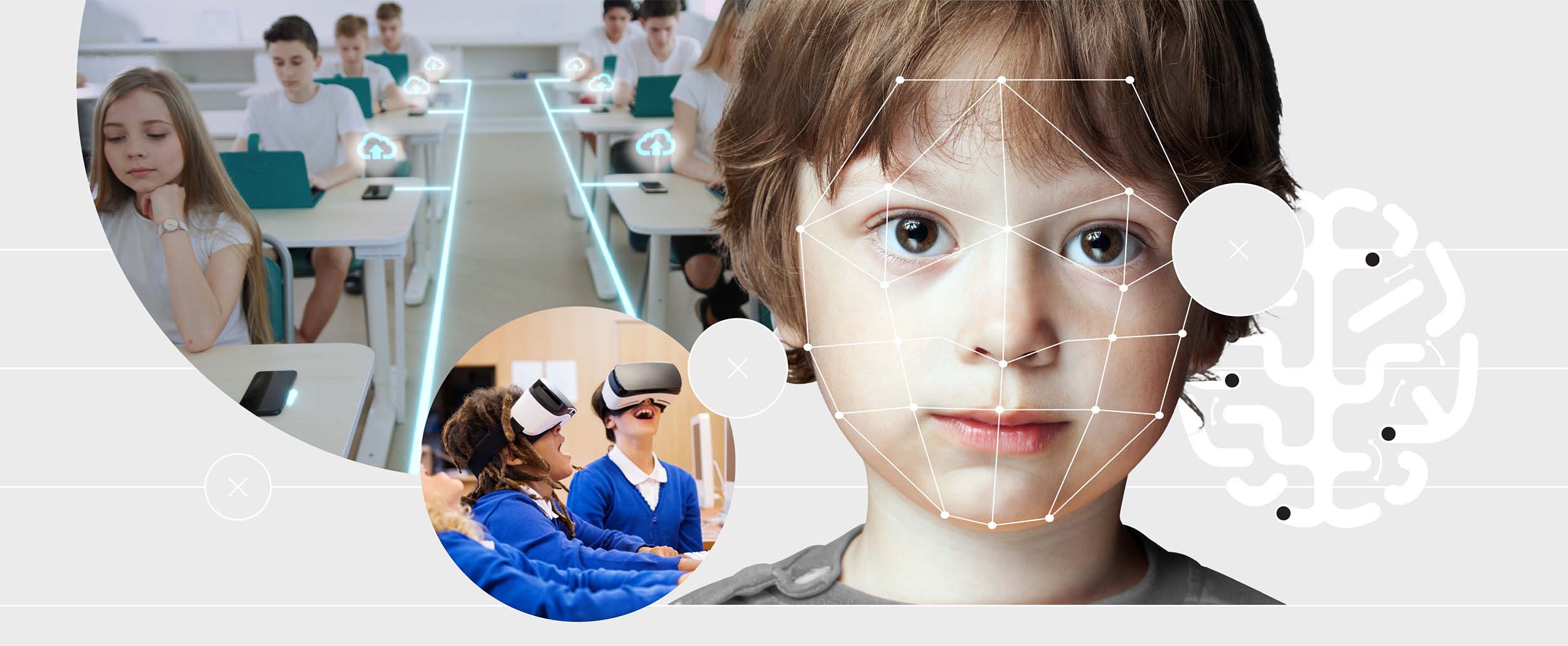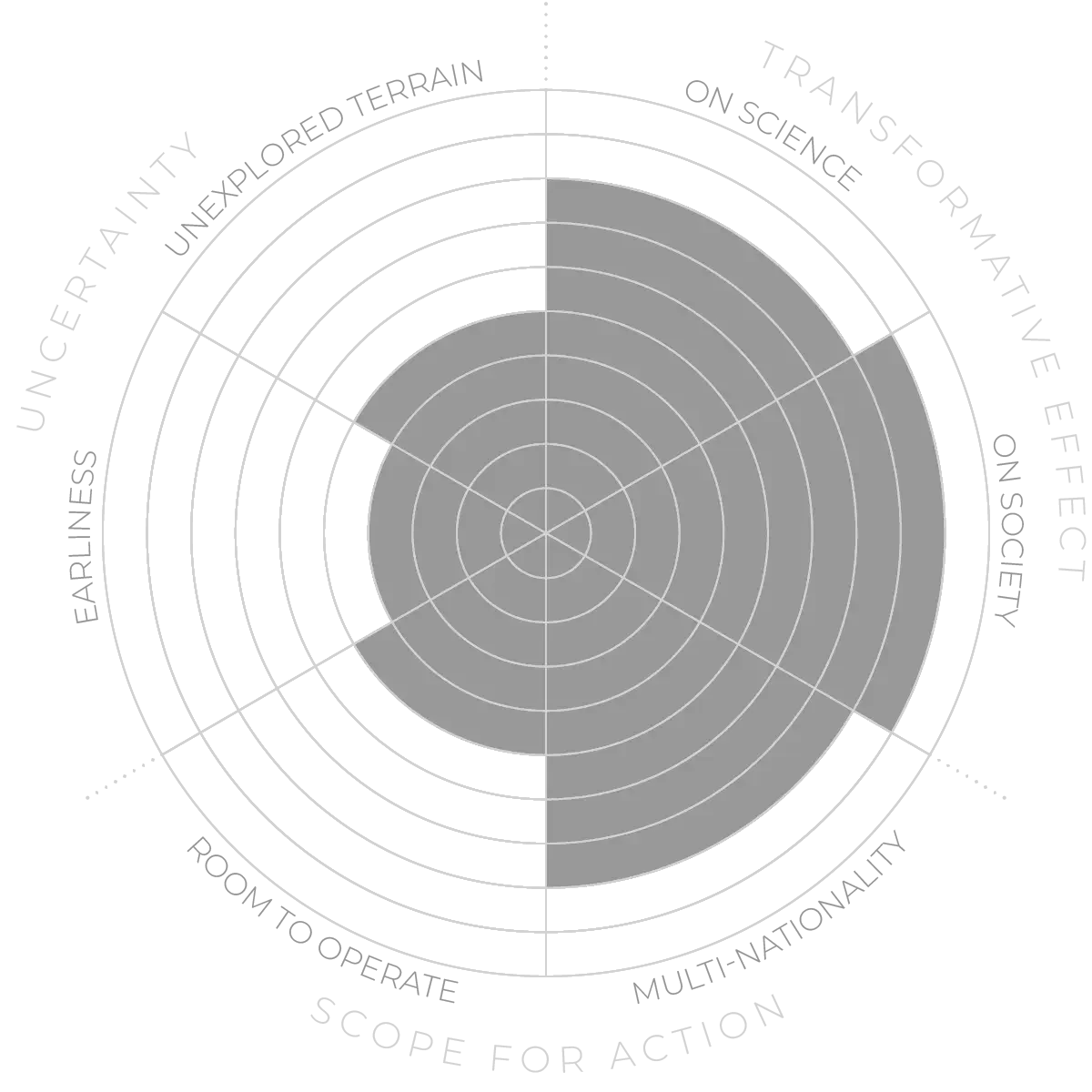5-yearhorizon
Machines perform low-skill work
Generative AI services such as Bard, ChatGPT, Midjourney and others become routine tools in the workflows of most industries, thanks to their rapid deployment via the global companies, such as Microsoft, Google and Facebook. Some human jobs quickly become obsolete but new classes of job also emerge. Nevertheless, the rapid rate of change causes governments to put policies in place that incentivise the employment of human labour and innovation with labour-augmenting technologies. This is supported by a change in taxation in favour of human labour and against capital, which smooths the transition.



